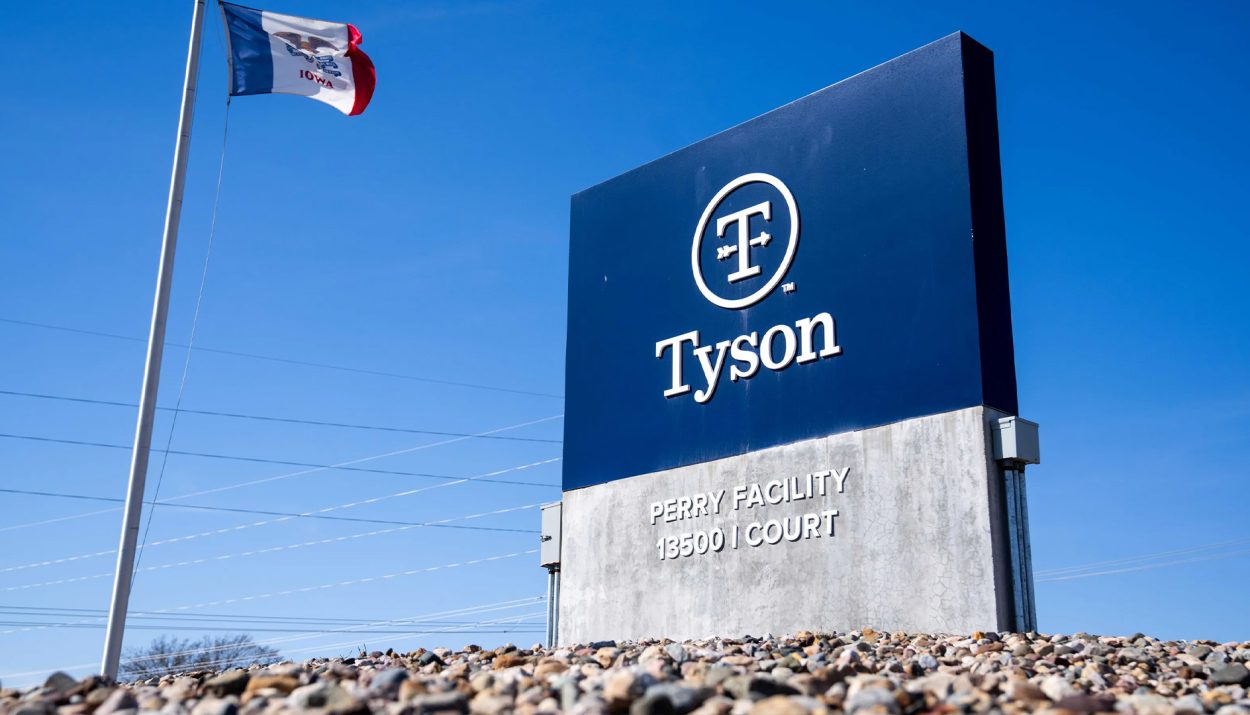Tyson Foods, a $53-million meat firm, has recently made a controversial decision to lay off 1,300 staff members at their Iowa pork plant while simultaneously announcing plans to hire 42,000 asylum seekers in New York. This move has sparked a massive consumer boycott and ignited a nationwide debate about migration and employment in the United States.
Consumer Boycott Gains Momentum Against Tyson Foods
In response to Tyson Foods’ decision to close several plants and pursue the hiring of thousands of asylum seekers, angry shoppers are organizing a boycott of the company’s products. The boycott has gained significant traction on social media, with consumers expressing their frustration over the company’s actions and the potential impact on American jobs.

Tyson Foods, known for being a major player in the meat industry, now faces criticism for its strategic shift. The company’s plan to close plants across multiple states, including Iowa, Virginia, Arkansas, Indiana, and Missouri, has left many workers uncertain about their future and has fueled the growing boycott movement.
Nationwide Concern Over Plant Closures and New Hiring Strategy
Tyson Foods’ strategy to close plants and hire asylum seekers has raised concerns nationwide. The company’s effort to recruit thousands of asylum seekers in New York by offering wages of $16.50 an hour and free legal assistance for immigration has been seen by some as favoring migrant labor over U.S.-born workers.
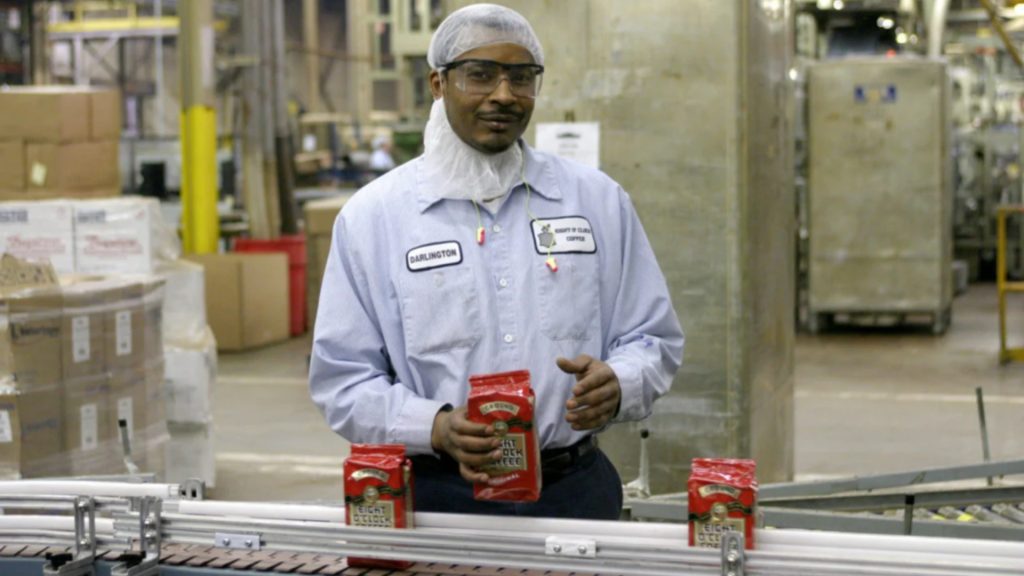
The controversy surrounding Tyson Foods’ hiring practices has sparked a broader discussion about the role of migrant labor in the U.S. economy. Some argue that the company’s actions could set a precedent for other businesses to prioritize hiring foreign-born workers over American citizens, potentially leading to further job displacement.
Legal Implications of Tyson Foods’ Hiring Practices Questioned
America First Legal, a conservative action group, has raised questions about the legality of Tyson Foods’ hiring practices. The group has highlighted potential legal issues with the company’s preference for hiring foreign-born workers, stating, “It is ILLEGAL under federal law to discriminate against American citizens based on their citizenship in favor of non-citizens of any kind when it comes to employment.”

The legal implications of Tyson Foods’ hiring practices have attracted the attention of lawmakers and legal experts. If the company is found to violate federal law, it could face significant legal consequences and further damage to its reputation. The situation has also reignited the debate about the need for clearer regulations surrounding the hiring of migrant workers.
CEO Donnie King Under Scrutiny Amid Controversy
Tyson Foods CEO Donnie King finds himself at the center of the controversy. With a salary of $13 million a year, King’s leadership is under scrutiny as the company navigates through the backlash of its recent decisions. Tyson Foods has also been noted for its political contributions, further complicating the public’s perception of the company’s actions.

As the face of Tyson Foods, Donnie King must address the concerns of stakeholders, including employees, consumers, and lawmakers. The CEO’s ability to effectively communicate the company’s strategy and navigate the legal and ethical implications of its hiring practices will be crucial in determining the future of Tyson Foods and its reputation in the industry.
National Debate Over Migration and Employment
The situation with Tyson Foods highlights a broader national debate over migration and its impact on employment. Concerns that asylum seekers are taking jobs that might otherwise go to Americans, especially in sectors like meat-packing, have been amplified by Tyson Foods’ hiring plans. This debate is set against a backdrop of record-low unemployment rates in the United States.

As the United States grapples with the complexities of immigration and its impact on the labor market, the Tyson Foods controversy serves as a microcosm of the larger issues at play. Policymakers, businesses, and the public must engage in a nuanced discussion about how to balance the needs of American workers with the integration of migrant labor into the economy.
Impact on Perry, Iowa: A Community Affected by Plant Closure
The closure of Tyson’s pork plant in Perry, Iowa, is a major blow to the community, affecting 1,276 workers in a town of 8,000 residents. The workforce at the plant, which includes a significant number of Latino employees, faces uncertainty as the company shifts its employment strategy toward asylum seekers.
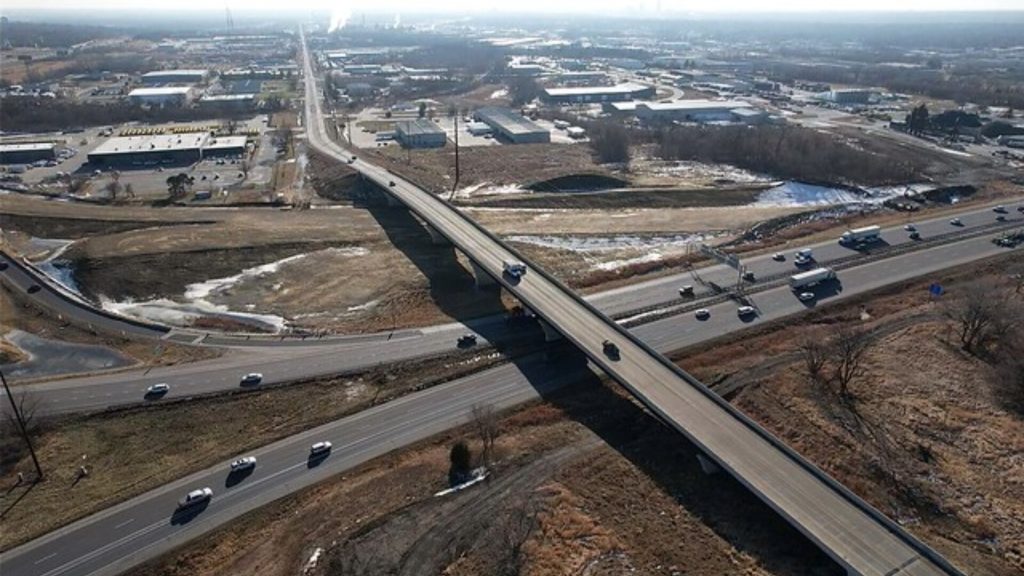
The impact of the plant closure extends beyond the workers themselves, affecting local businesses and the overall economic well-being of the community. As Perry grapples with the loss of a major employer, questions arise about the long-term consequences of Tyson Foods’ decision and the ability of the town to adapt and recover.
Tyson Foods Announces Additional Plant Closures
Beyond Iowa, Tyson Foods has announced closures of facilities in Virginia, Arkansas, Indiana, and Missouri. These decisions are part of a broader strategy to reduce operational costs following a slight decline in sales. The closures have raised concerns about the future of American jobs in these regions.

As Tyson Foods implements its cost-cutting measures, the impact on local communities and the wider economy becomes increasingly apparent. The company’s actions have sparked discussions about the need for greater support for workers affected by plant closures and the importance of fostering a diverse and resilient job market.
Tyson’s Recruitment Drive in New York Targets Asylum Seekers
Tyson Foods is actively seeking to hire asylum seekers in New York, aiming to fill a large number of vacancies. The company’s cooperation with the Tent Partnership for Refugees is part of a broader effort to integrate asylum seekers into the workforce, offering them competitive wages and legal assistance.

The recruitment drive in New York has drawn both praise and criticism. Supporters argue that it provides much-needed opportunities for asylum seekers to build new lives in the United States, while critics maintain that it prioritizes migrant labor over American workers. The debate highlights the complex and often conflicting views on the role of migration in the U.S. economy.
Comprehensive Benefits Offered to Asylum Seeker Hires
The company is not only offering jobs but also a range of benefits to asylum seekers, including immigration legal assistance and other perks. This comprehensive approach to hiring asylum seekers is seen as a way to address labor shortages and high turnover rates in some of Tyson Foods’ plants.

While the benefits offered to asylum seekers have attracted attention, some question whether similar support is being provided to American workers affected by plant closures. The disparity in treatment between the two groups has further fueled the controversy surrounding Tyson Foods’ hiring practices and has led to calls for greater transparency and fairness in the company’s employment policies.
Congressional Scrutiny Over Tyson Foods’ Hiring Practices
Following the announcement of Tyson Foods’ layoffs and subsequent hiring of asylum seekers, Senator J.D. Vance of Ohio has voiced significant concerns. He said, “We’re certainly going to look into whether we can change that ability, assuming Tyson is operating legally. All we know is that they are firing American workers and hiring illegal aliens to replace them. This is the entire point of illegal immigration – and Republicans, we’ve got to hammer this point home.”

Senator Vance’s comments reflect the growing political pressure on Tyson Foods and the broader debate about the role of migrant labor in the U.S. economy. As Congress begins to investigate the company’s hiring practices, the potential for legislative action and further scrutiny of the meat-packing industry as a whole becomes increasingly likely.
Broader Implications of Tyson Foods’ Hiring Practices
The controversy surrounding Tyson Foods’ decision to lay off workers and hire asylum seekers reflects broader concerns about the impact of migration on the U.S. job market. The company’s actions have sparked a discussion about employment opportunities for Americans and the role of migrant labor in the economy. This debate touches on fundamental questions about the future of work in America.
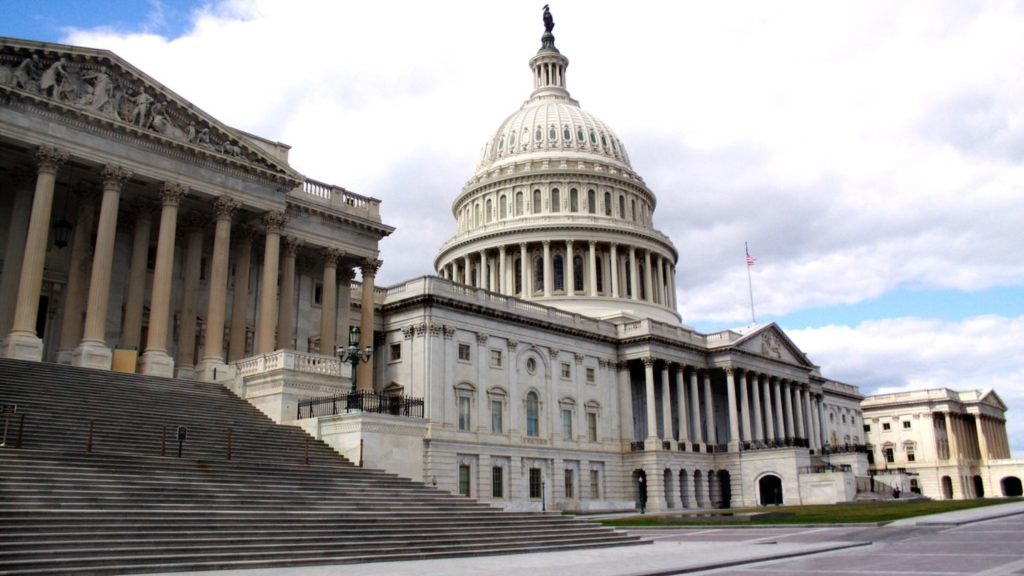
As the nation grapples with the implications of Tyson Foods’ hiring practices, it becomes clear that the issues at stake extend far beyond a single company. The controversy has highlighted the need for a comprehensive and balanced approach to immigration and employment policies that prioritizes the well-being of American workers while also recognizing the contributions of migrant labor to the economy.
The Future of Tyson Foods and the Meat-Packing Industry
As Tyson Foods navigates the fallout from its controversial hiring practices, the company faces a critical juncture in its history. The decisions made by CEO Donnie King and the board of directors in the coming months will have far-reaching consequences not only for Tyson Foods but for the entire meat-packing industry.

The challenges faced by Tyson Foods are not unique, as other companies in the meat-packing industry grapple with similar issues of labor shortages, high turnover rates, and the integration of migrant workers. The outcome of the Tyson Foods controversy could set a precedent for how the industry as a whole addresses these challenges and adapts to the changing landscape of the U.S. labor market.
The Need for a Balanced Approach to Immigration and Employment
The Tyson Foods controversy highlights the urgent need for a balanced and comprehensive approach to immigration and employment policies in the United States. Policymakers must work to create a framework that protects the rights and opportunities of American workers while also recognizing the valuable contributions of migrant labor to the economy.

Achieving this balance will require a nuanced understanding of the complex factors at play, including the needs of businesses, the aspirations of migrant workers, and the concerns of American citizens. Only through open and honest dialogue, coupled with evidence-based policymaking, can the nation hope to find a sustainable and equitable solution to the challenges highlighted by the Tyson Foods controversy.
The Road Ahead: Lessons from the Tyson Foods Controversy
As the dust settles on the Tyson Foods controversy, it becomes clear that the issues raised by the company’s actions will continue to shape the national conversation around immigration and employment for years to come. The lessons learned from this episode, both by Tyson Foods and by the wider business community, will be crucial in charting a path forward that balances the needs of all stakeholders.
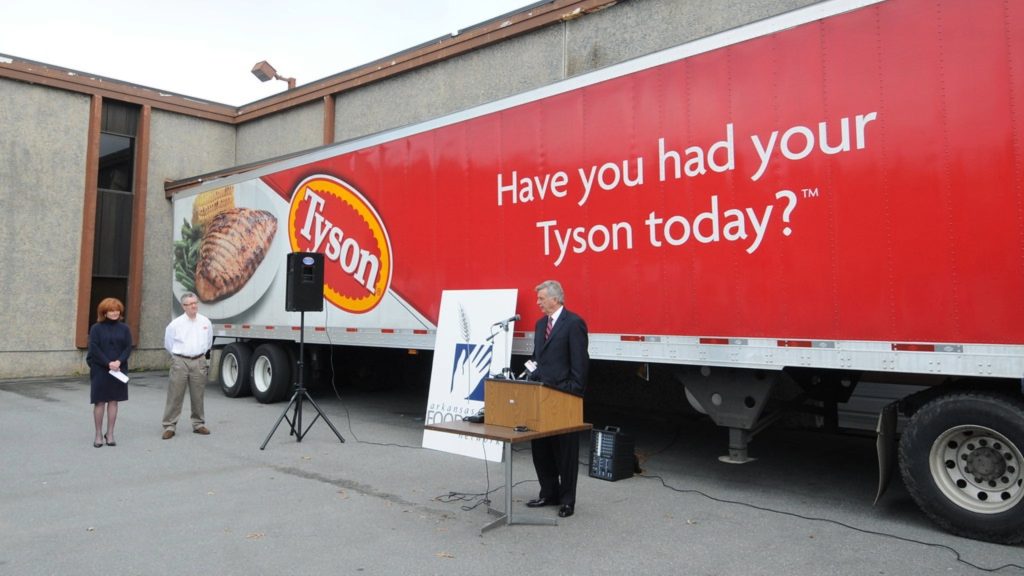
The road ahead will not be easy, as the nation grapples with the complexities of the modern labor market and the ongoing challenges of immigration. However, by engaging in open and honest dialogue, prioritizing the well-being of all workers, and working towards a balanced and equitable approach to employment and migration, the United States can emerge from this controversy stronger and more united than ever before.

